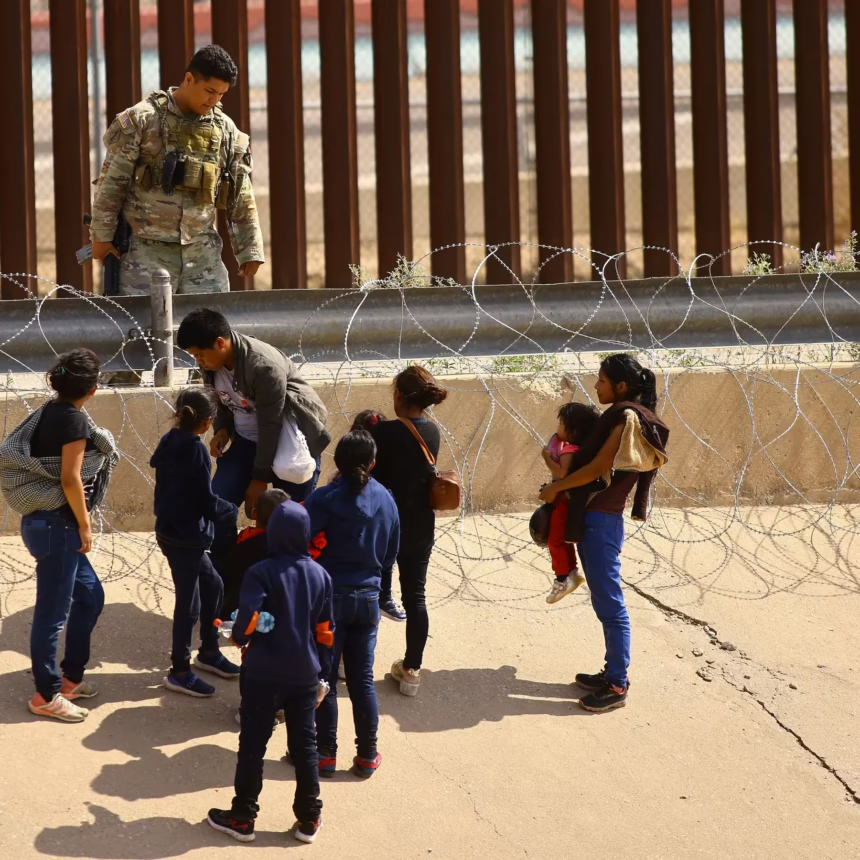The Shockwave of a Legal Earthquake
A recent U.S. Supreme Court decision has sent shockwaves through immigrant communities across the nation. On June 28, 2025, the Court’s ruling on birthright citizenship—specifically narrowing its application—has ignited both legal confusion and personal anxiety among immigrants, particularly those with tenuous documentation or uncertain status. While the Court insisted the ruling applies narrowly, for many families, the legal language feels like a broadside to their American identity.
What the Supreme Court Ruled—and What It Means
The case in question, U.S. v. Doe, centered around the interpretation of the 14th Amendment, which grants citizenship to “all persons born or naturalized in the United States.” Historically, this clause has underpinned automatic citizenship for nearly all born on American soil.
However, in a contentious 5-4 decision, the Court ruled that children born in the U.S. to undocumented immigrants who are subject to deportation proceedings may not automatically qualify for birthright citizenship. The majority opinion argued that such parents are not “subject to the jurisdiction” of the U.S. in the way the framers intended, thereby casting doubt on the automatic application of citizenship to their children.
Immigrant Communities Caught in Legal Limbo
Immediately following the ruling, a flurry of uncertainty swept immigrant-heavy neighborhoods, particularly along the southern border. Advocacy groups, legal experts, and immigrant families scrambled to understand the implications.
Maria Hernandez, a mother of three U.S.-born children in McAllen, Texas, said, “I always thought my children were Americans. They were born here. Now I don’t know what will happen to them.”
Attorneys report being overwhelmed with phone calls from concerned families, many asking if their children’s citizenship is at risk retroactively. While legal scholars argue that the ruling is not retroactive, its unclear boundaries have left people terrified.
Legal Analysts Warn of a Slippery Slope
Legal experts are sharply divided on the long-term implications. Some constitutional scholars view the decision as a narrow interpretation that will likely not survive broader application or political backlash. Others warn it opens the door to more aggressive reinterpretations of the 14th Amendment.
Professor Linda Chavez from the University of California warned, “This ruling threatens a precedent that has stood for over a century. If not explicitly retroactive, it may still inspire administrative actions or legislation that narrows birthright citizenship further.”
Political Reactions: Fuel for an Election-Year Fire
The ruling has also sparked fierce political reactions. Conservatives have hailed the decision as a long-overdue correction to what they consider a misinterpretation of the Constitution. Republican lawmakers are already introducing bills to codify similar restrictions into law.
In contrast, Democrats and immigrant rights groups have called the decision a dangerous erosion of civil liberties. President Biden condemned the ruling, saying it “undermines the spirit and letter of our Constitution.”
With the 2026 midterm elections looming, the issue is quickly becoming a political flashpoint. Immigration, already a contentious topic, now has a new layer of constitutional complexity.
Human Stories Behind the Headlines
For every legal argument or political talking point, there’s a family now fearing for its future. Families who have lived, worked, and paid taxes in the U.S. for years now wonder if their children might be denied fundamental rights.
Organizations like the American Civil Liberties Union and National Immigration Law Center are preparing lawsuits and challenges, but in the meantime, communities are left in uncertainty.
Maria, the Texas mother, summed it up best: “We are in limbo. We don’t know who we are anymore.”
Conclusion: A Defining Moment for America’s Identity
The Supreme Court’s decision may be narrow in legal scope, but its social and political ramifications are vast. In redefining what it means to be “subject to the jurisdiction” of the U.S., the ruling unsettles long-held beliefs about American identity and constitutional promise.
Whether the judgment marks a turning point in immigration law or merely a footnote in a larger battle remains to be seen. But for countless families across the country, the question isn’t theoretical. It’s painfully personal.










